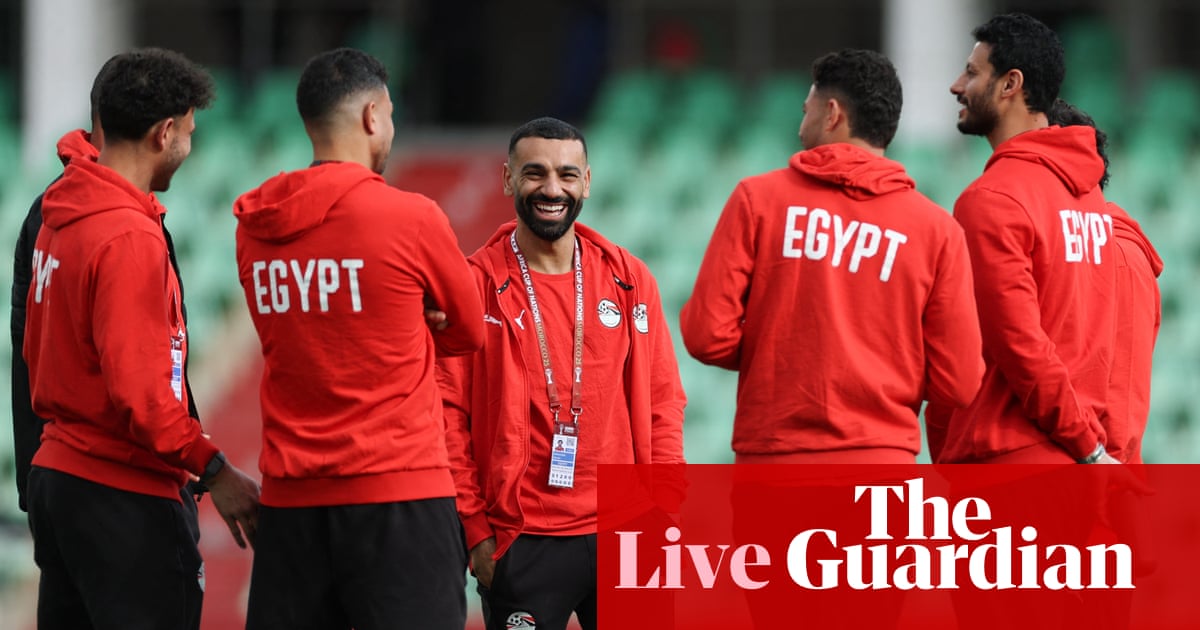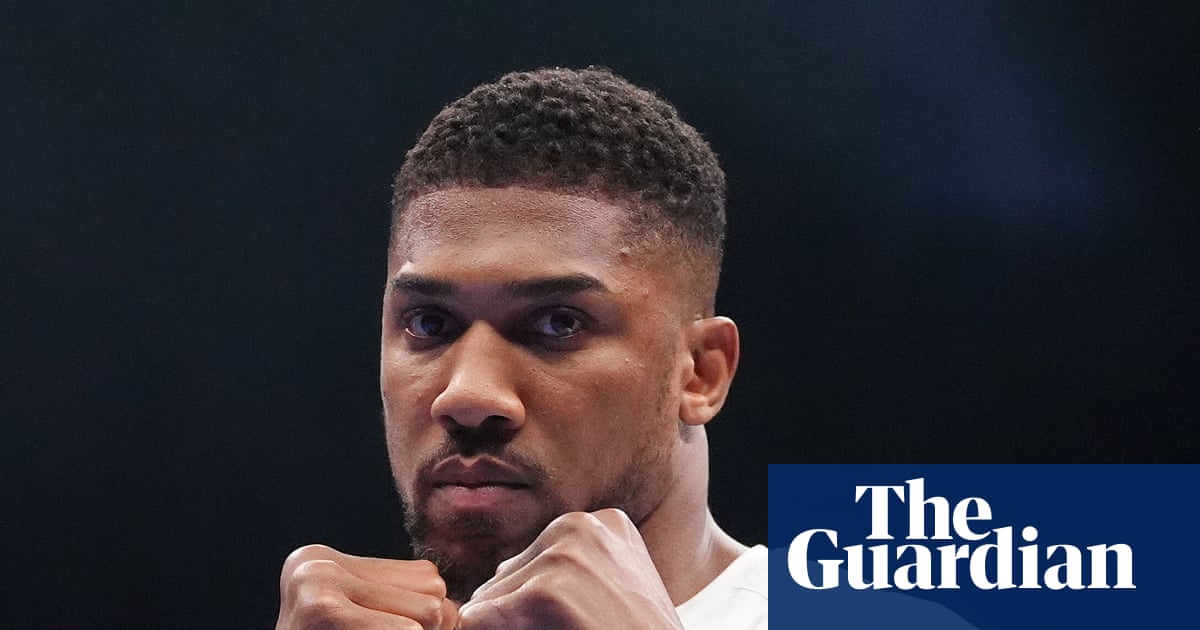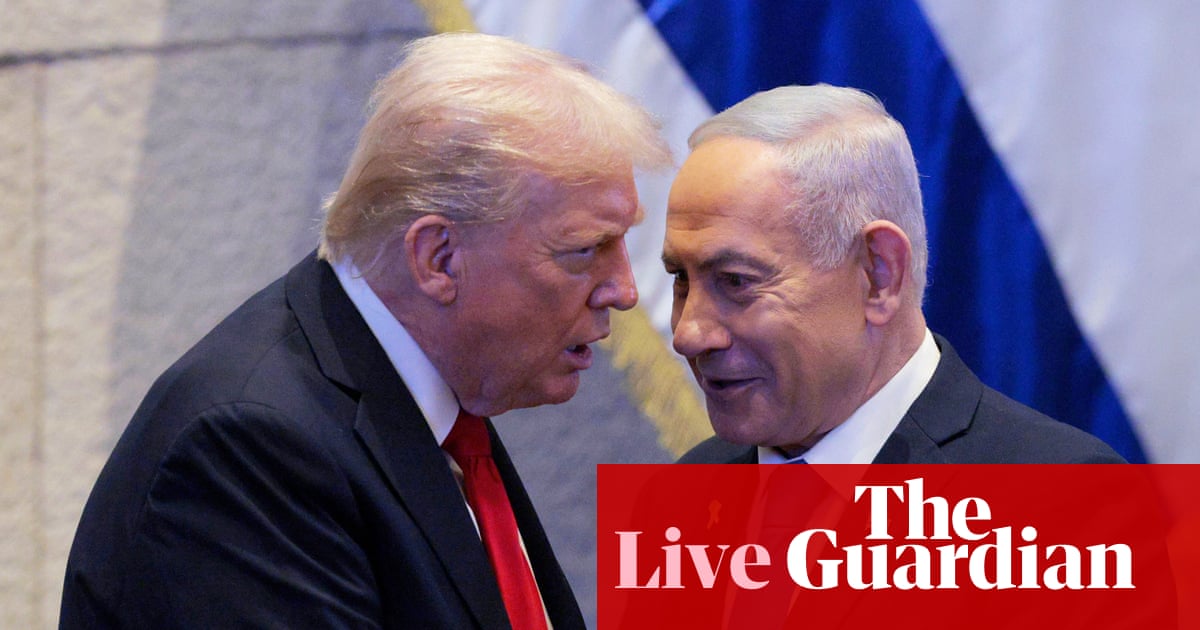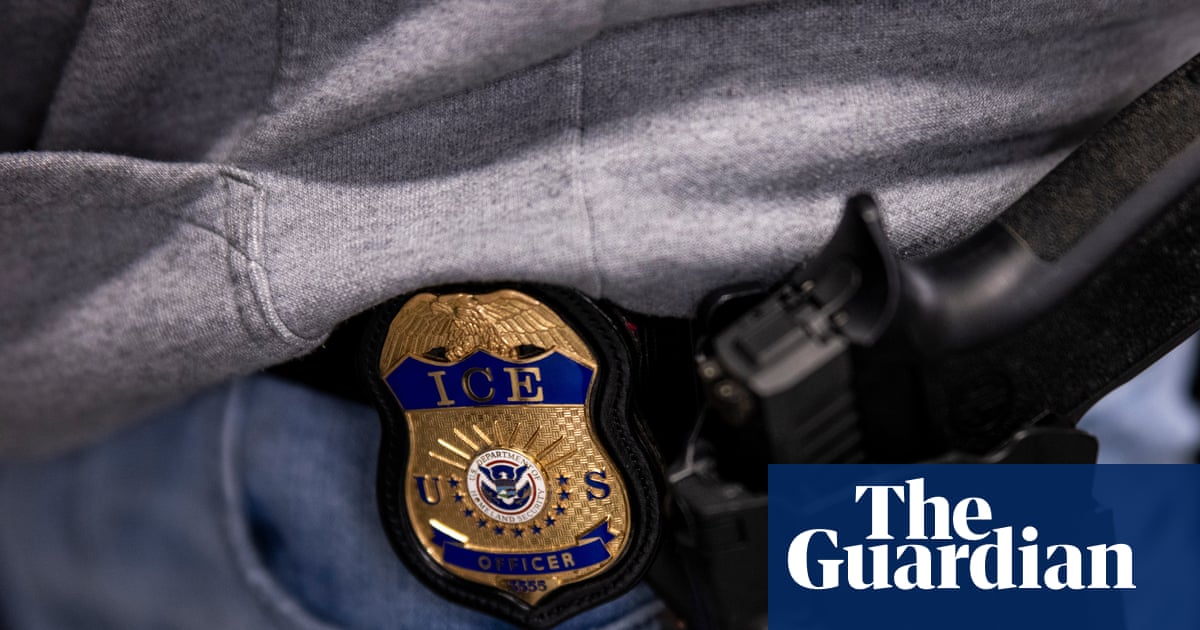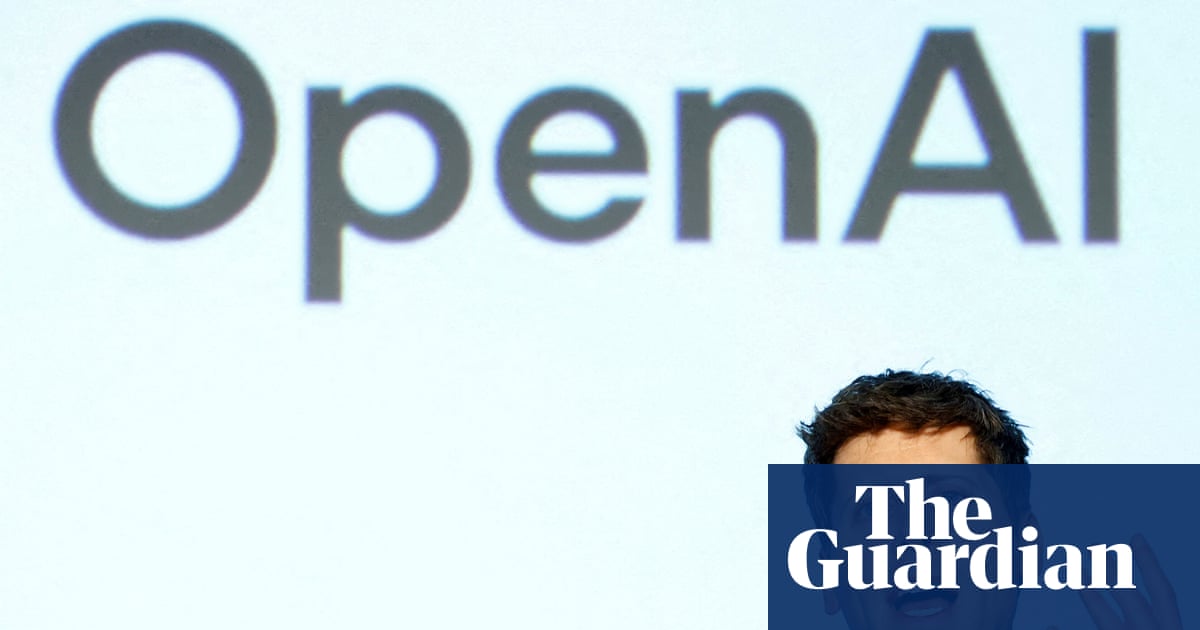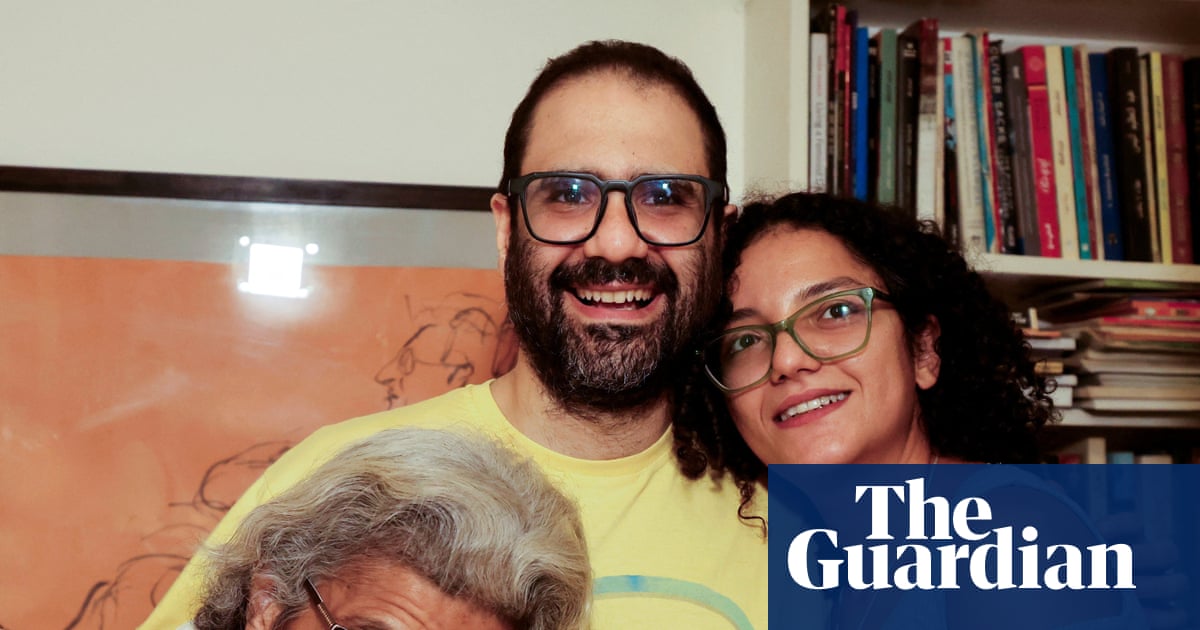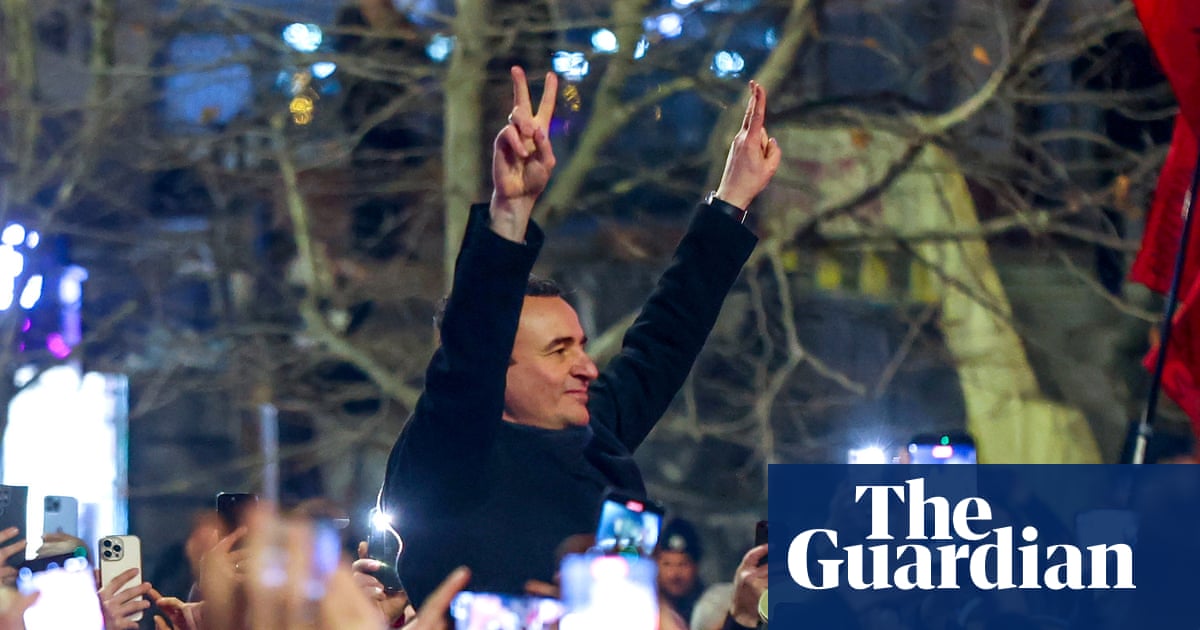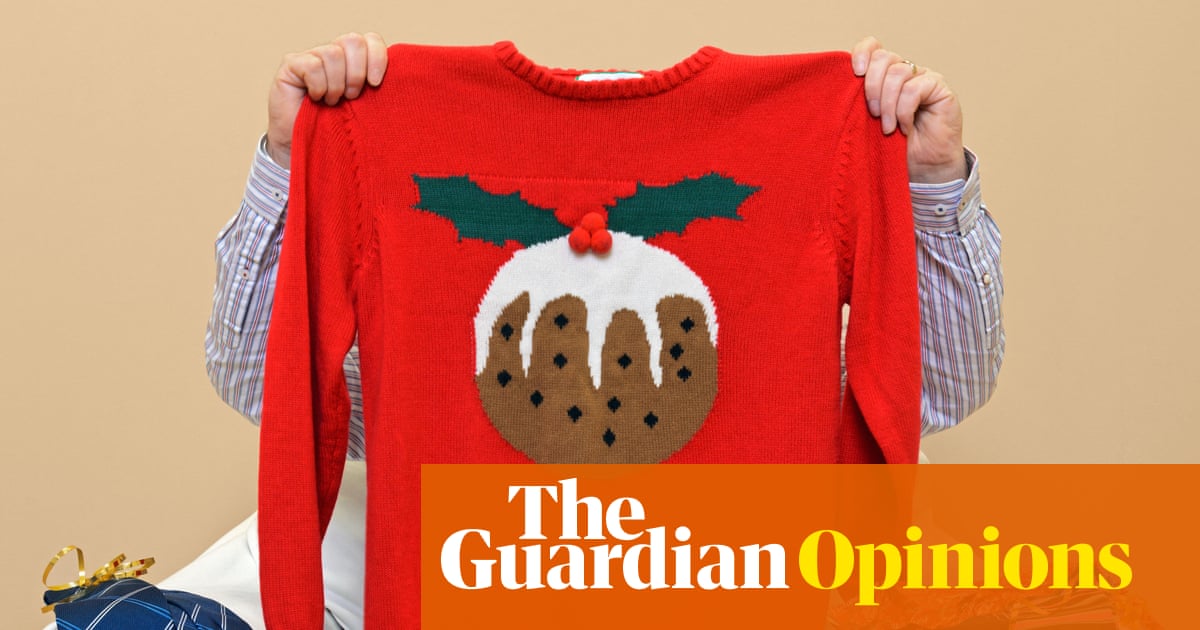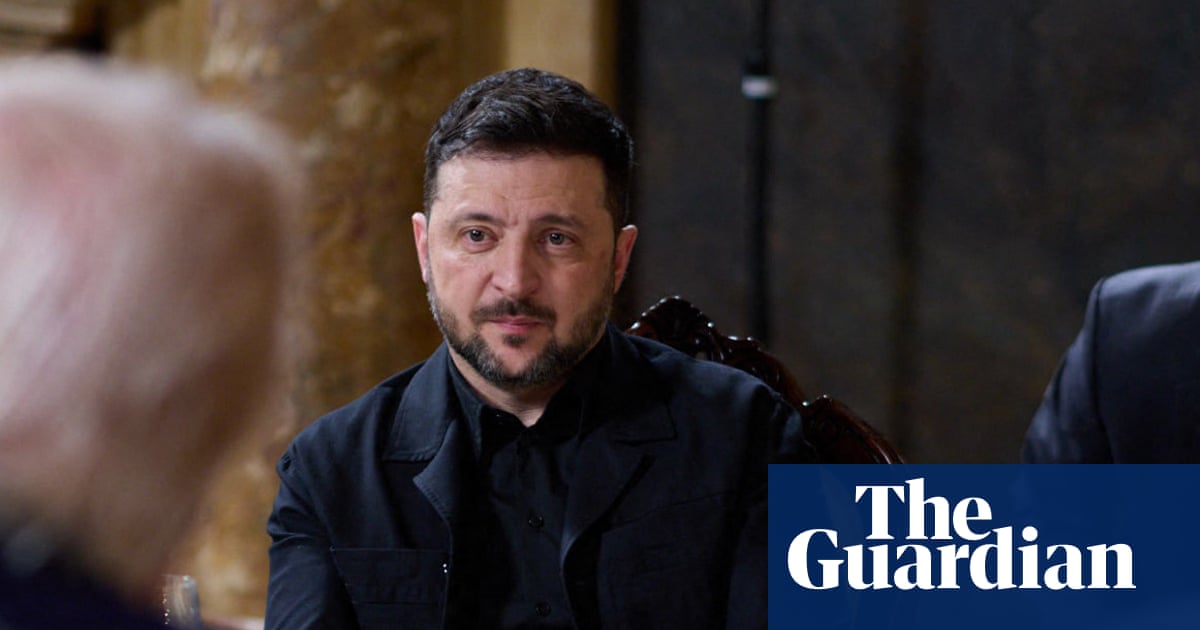It is too easy to blame Donald Trump for everything that goes wrong in the world. The ability of any US president to fundamentally change or control the behaviour of other major powers is frequently overestimated. Yet by posing as a sort of uncrowned global monarch and grand arbiter of war and peace, Trump perpetuates fantasies of US hegemony, omnipotence and divine right. Intoxicated by such ego-inflating delusions, he pledged before taking office to swiftly end the Ukraine and Gaza conflicts. Perhaps, in his vanity and hubris, he truly believed he could.
Eight months on, the exact opposite is happening. Both crises are expanding and escalating. The bubble has burst, his bluff has been called, the emperor has no clothes – and there is no denying that Trump, by alternately appeasing, excusing and encouraging the two foremost villains of these twin tragedies, is greatly to blame. Last week’s multiple Russian drone incursions into Nato member Poland – which Polish officials are right to call deliberate – risk transforming the Ukraine war into a Europe-wide conflagration. Likewise, the reckless, illegal Israeli airstrike in Qatar, which blew up the Gaza peace process, physically and metaphorically, has supercharged regional tensions.
A common factor in both developments is US weakness, which is to say, Trump weakness. Has any other US president devoted so much effort to making himself look like a strong leader while failing miserably to act like one when it matters? Much of what he does, whether it’s promulgating illegal executive orders, firing senior officials, bullying neighbours and defenceless migrants, ordering troops on to the streets of US cities, backing a fellow coup leader in Brazil, or picking fights with judges and independent media, is about bolstering the strongman Trump image.
The reality is very different. When Trump is faced by tough, unyielding opponents, rather than soft targets, he folds. He chickens out. Russia’s president, Vladimir Putin, and Israel’s prime minister, Benjamin Netanyahu, worked this out long ago. Both men play him for a sucker. They flatter him. They spin lies about wanting peace. They offer easy wins. Then they go home, as was the case with Putin after last month’s embarrassing Alaska summit, and carry on doing whatever they want, which usually involves even greater violence. When an angry Trump calls to complain, as after Netanyahu’s Qatar raid, and whinges, pathetically, that he’s “not happy”, he merely confirms his weakness – and is ignored.
Far from facilitating an end to these wars, Trump has become a prime obstacle to peace. His ill-considered interventions, grandstanding and partiality make matters worse, prolonging both conflicts. His dearth of leadership skills, coupled with a lack of integrity and common sense, is shocking for Europeans, accustomed to dealing with mostly rational, relatively competent presidents. Trump’s hostility to the EU and Nato, his tariff wars and his anti-democratic machinations have further undermined western cohesion and confidence – and boosted authoritarian regimes.
Watching from his Kremlin lair, Putin acts accordingly. The drone incursion into Poland – not the first, but by far the biggest – was a calculated test of Nato reactions and unity. He will have been gratified by the defensive vulnerabilities it exposed and the uneven political response. Trump has said little so far – and done nothing. His silence is telling. He will not admit that his fawning subservience towards Putin has backfired horribly. Nor, despite the many military, diplomatic and economic weapons at his disposal, will he now summon the strength and courage to take a stand. So Putin gets a free pass, again. Next time it could be worse. What if, say, Russia directly threatens Finland? Or Germany? What will Trump do then?
On the evidence to date, the suspicion is: not much. Former president Joe Biden was rightly criticised for playing it cautious on Ukraine. Trump is barely in the game. The UK and European Nato states must stop deferring to Washington, take off the gloves and finally draw a line with Moscow. Creating a protected no-fly zone over unoccupied areas of Ukraine, expanding military aid, halting all Russian energy imports, confiscating frozen Kremlin funds, isolating sanctions-busting Russian and Chinese banks, and downgrading or cutting diplomatic ties with Putin’s regime are courses of action repeatedly urged here. And if need be, Europe’s armies must be prepared to shoot back. Waiting for Trump is as futile as waiting for Godot, without the jokes.
after newsletter promotion
Arab leaders meeting this weekend face similar pressure to break with the US after sidelined Trump sat back while Netanyahu added Qatar, a US ally, to the long list of countries Israel has attacked with US-supplied planes and bombs since 7 October 2023. What price now his grandiose plan to remake the Middle East? US policy is held hostage to Netanyahu’s extremist nihilism. Cut off US weapons supplies to Israel. Freeze bilateral financial aid. Impose sanctions. Support war crimes prosecutions of Israeli leaders. Recognise an independent state of Palestine. Any normal American president might do some or all of this. But Trump isn’t normal. He’s an aberration. He’s out of his depth.
Historic failures of international leadership are becoming all too common in this fractured 21st-century world. One was the 2003 US-British decision to invade Iraq. Another is the failure to effectively address the climate emergency. Now two more comparably epic disasters simultaneously loom. If the UN, holding its annual get-together this month, if Europe, if the west allow Russia and Israel to pursue their murderous, illegal, immoral and ever-expanding aggression, there may be no stopping an accelerating descent into global anarchy.
Unless democratic countries unite to secure a rapid halt to these wars, employing all necessary means including military force, then greater calamities will surely follow. But don’t count on the US to take the lead. Don’t count on weakling Trump. He’s part of the problem. He’s frit.
-
Simon Tisdall is a Guardian foreign affairs commentator

 3 months ago
64
3 months ago
64
